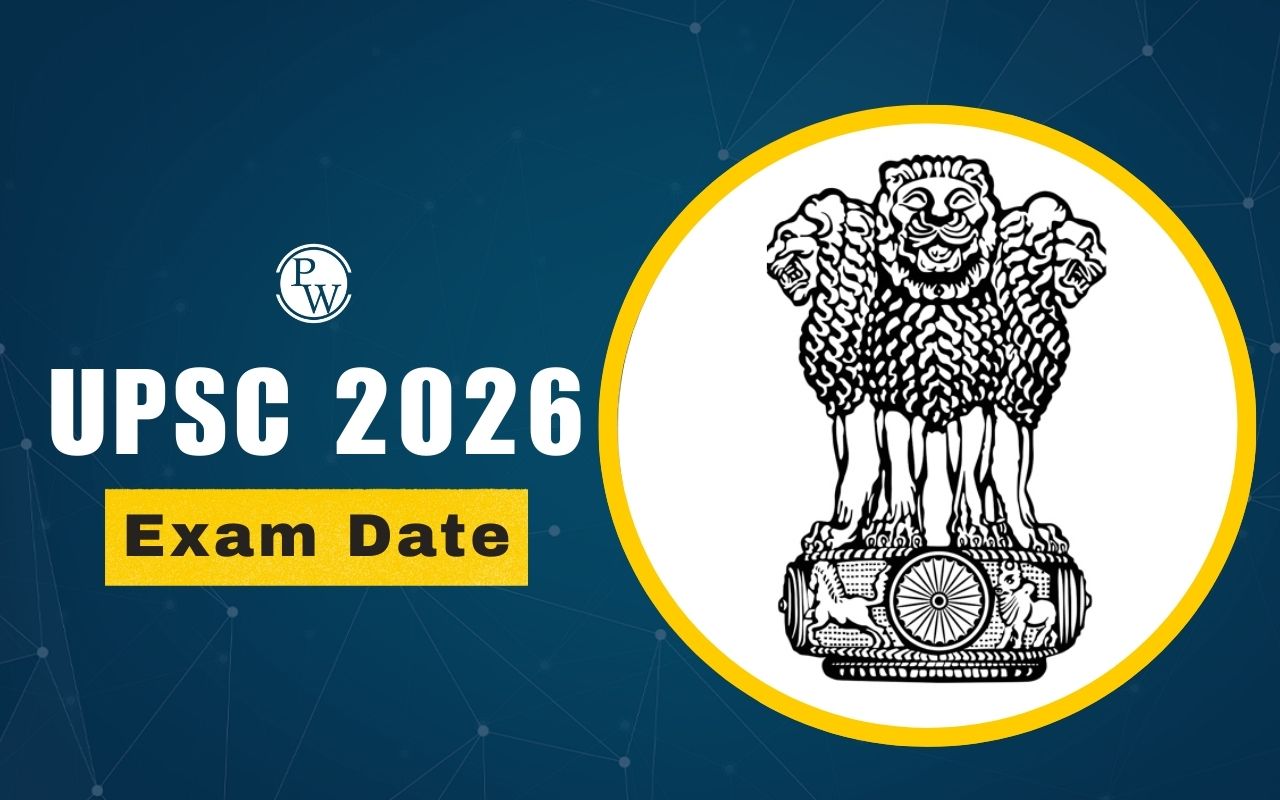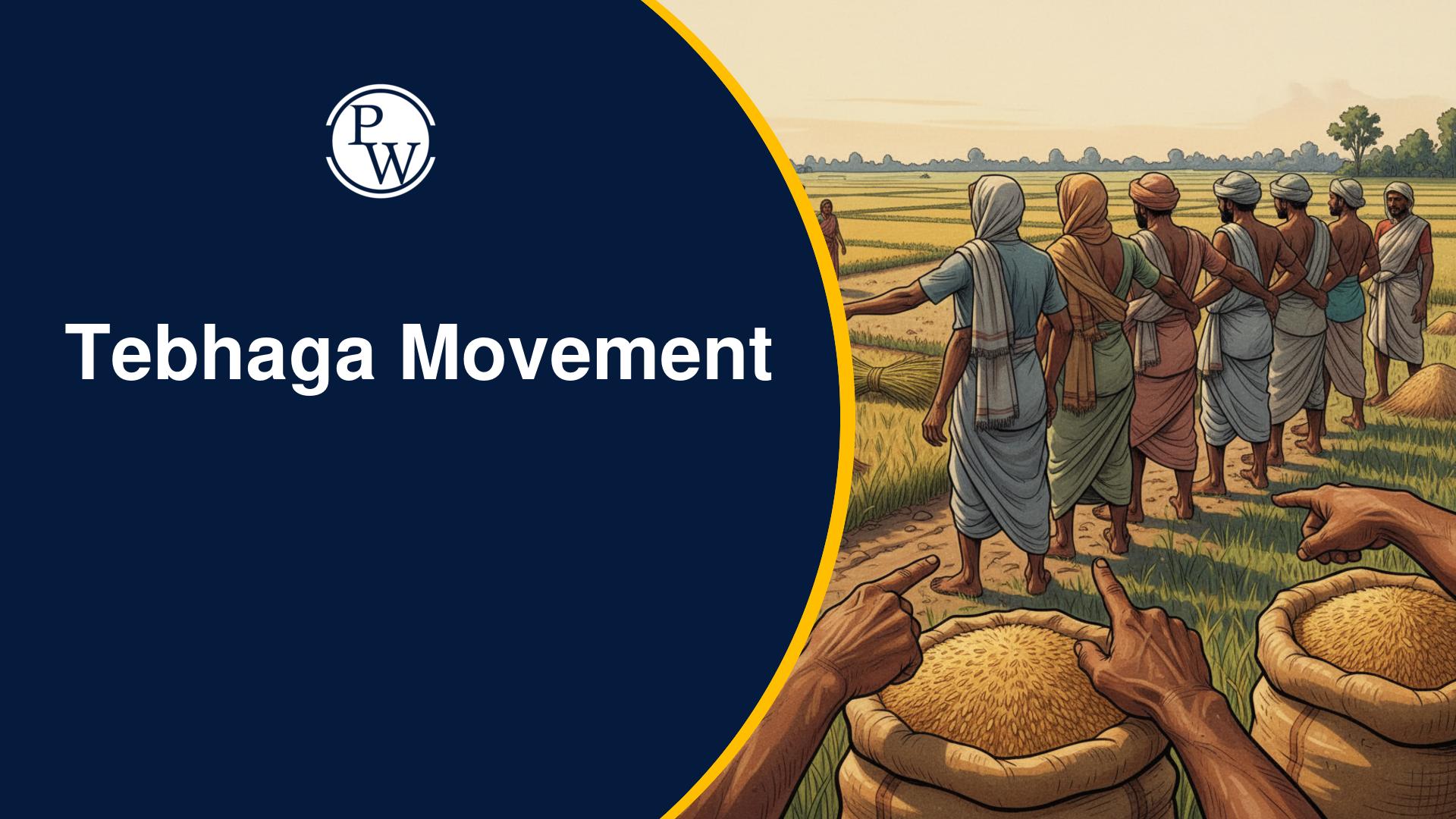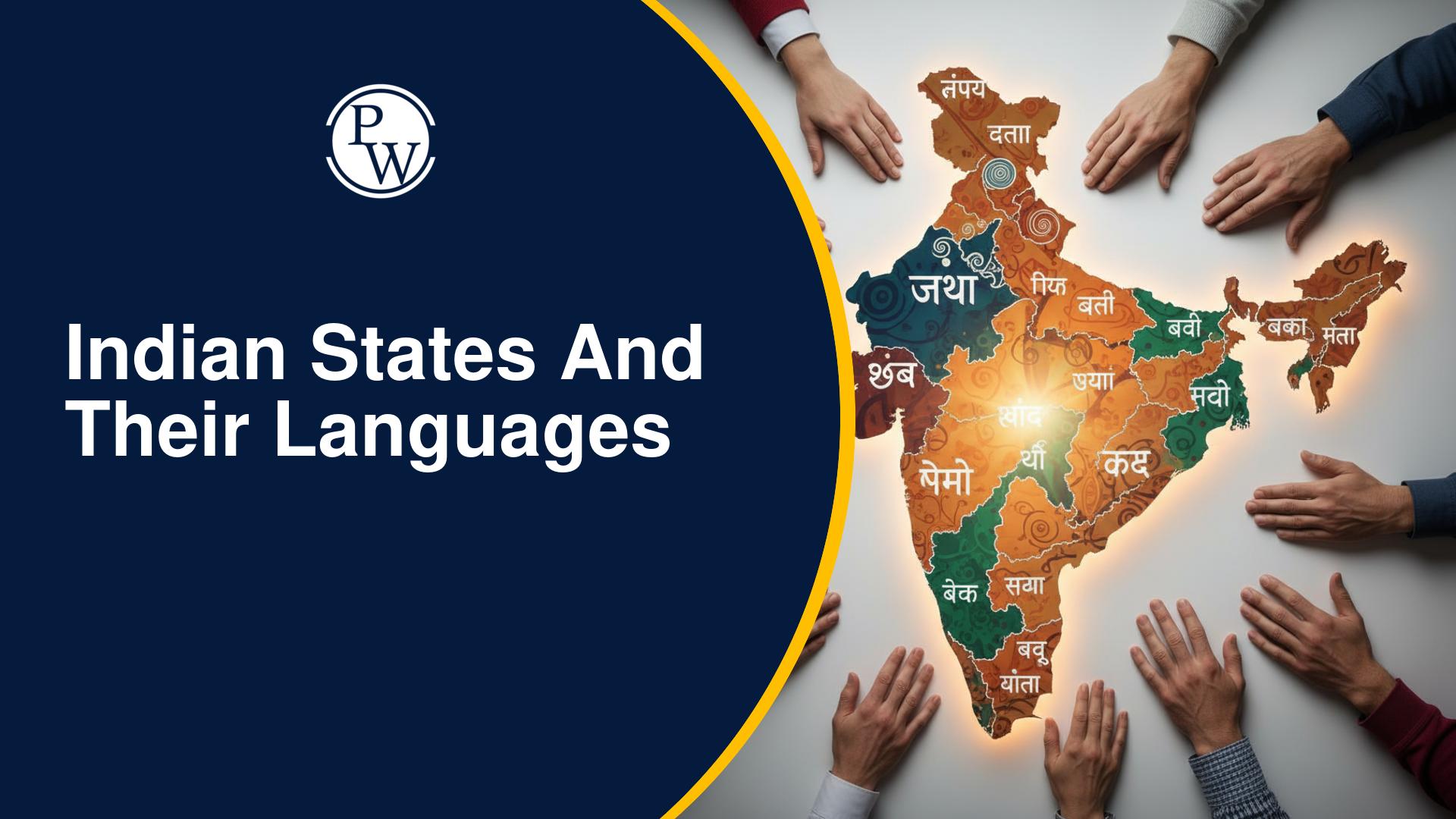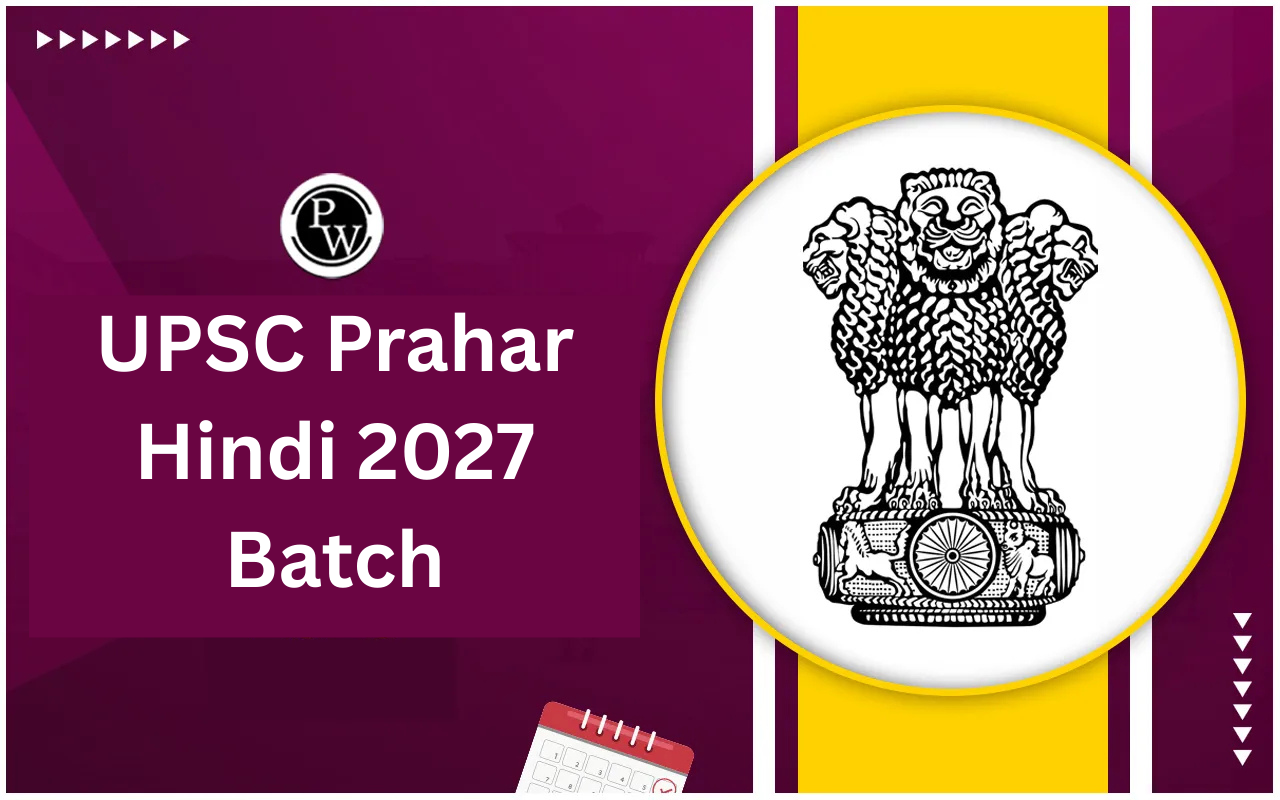
Anglo-Mysore Wars were a series of four significant military confrontations fought between the Kingdom of Mysore and the British East India Company (EIC) in the latter half of the 18th century, spanning from 1767 to 1799. These wars, led by the ambitious rulers of Mysore, Haidar Ali and his son, Tipu Sultan, represented one of the most formidable challenges to British expansion in South India.
The ultimate defeat of Mysore brought the region firmly under British influence, marking a crucial chapter in the history of British colonialism in India.
Anglo-Mysore Wars Overview
The primary reason for the conflict was the EIC's desire to undermine the independent authority of Mysore, which had emerged as a powerful state under Haidar Ali. Mysore’s strong alliance with the French and its control over the rich trade of the Malabar Coast directly threatened the commercial and political interests of the British based in Madras.
The four major Anglo-Mysore Wars are summarized below:
|
Anglo-Mysore Wars Overview |
|||
|
War |
Period |
Rulers of Mysore |
Conclusion Treaty |
|
First Anglo-Mysore War |
1767–1769 |
Haidar Ali |
Treaty of Madras (1769) |
|
Second Anglo-Mysore War |
1780–1784 |
Haidar Ali & Tipu Sultan |
Treaty of Mangalore (1784) |
|
Third Anglo-Mysore War |
1790–1792 |
Tipu Sultan |
Treaty of Seringapatam (1792) |
|
Fourth Anglo-Mysore War |
1798–1799 |
Tipu Sultan |
Mysore became a British protectorate |
First Anglo-Mysore War (1767–1769)
First Anglo-Mysore War (1767–1769) was the first major conflict between the Kingdom of Mysore, under Haidar Ali, and the British East India Company in southern India.
This war marked the beginning of a series of Anglo-Mysore conflicts that shaped the political landscape of the region. The struggle was driven by territorial ambitions, strategic alliances, and the growing power of Haidar Ali, who had transformed Mysore into a formidable military force.
Causes of the First Anglo-Mysore War
The conflict began when the British allied with the Nizam of Hyderabad and the Marathas in a tripartite alliance against Haidar Ali, who was seen as a threat due to his territorial conquests and strong army. The British also aimed to secure the Northern Circars from the Nizam to establish a land connection between their settlements in Madras and Bengal.
Course and Outcome (Treaty of Madras)
-
Haidar Ali's Diplomacy: Haidar Ali skillfully broke the anti-Mysore alliance by neutralizing the Marathas with a payment and securing the Nizam as his ally by promising a share of conquered territories.
-
The War: Haidar Ali, along with the Nizam, attacked the Nawab of Arcot, a British ally. The war dragged on inconclusively for a year and a half.
-
Treaty of Madras (April 1769): The war concluded with the humiliating Treaty of Madras. The treaty stipulated the mutual restoration of all conquered territories and the exchange of prisoners. Crucially, both parties also agreed to a defensive alliance, promising to help each other in case of a foreign attack.
Second Anglo-Mysore War (1780–1784)
Second Anglo-Mysore War (1780–1784) was a major conflict between the Kingdom of Mysore, led by Haidar Ali and later Tipu Sultan, and the British East India Company.
This war was sparked by growing tensions over broken treaties, territorial ambitions, and European alliances in India. It witnessed intense battles, shifting alliances, and significant military strategies, highlighting Mysore’s emergence as a strong regional power capable of challenging the British in southern India.
Causes of the Second Anglo-Mysore War
The primary cause was the British betrayal of the Treaty of Madras. When the Marathas attacked Mysore in 1771, the British refused to help Haidar Ali, violating the treaty's terms.
Furthermore, Haidar Ali’s strengthening ties with the French, who supplied his military needs, alarmed the British, particularly after the outbreak of the American War of Independence. The final spark was the British attempt to capture Mahe, a French settlement under the protection of Haidar Ali.
Course and Outcome (Treaty of Mangalore)
-
The War: Haidar Ali formed an alliance with the Nizam and the Marathas against the British. He defeated the English army under Colonel Baillie and captured Arcot in 1780.
-
Shifting Alliances: The British Governor-General, Warren Hastings, skillfully managed to detach the Nizam and the Marathas from Haidar Ali's side. Haidar Ali was defeated at the Battle of Porto Novo in 1781 by Sir Eyre Coote.
-
Tipu Sultan Takes Over: Haidar Ali died in December 1782, and the war was taken over by his son, Tipu Sultan. Tipu continued the struggle with determination.
-
Treaty of Mangalore (March 1784): With both sides exhausted and no clear victor, the war ended with the signing of the Treaty of Mangalore. The treaty once again called for the mutual restitution of conquered territories and the exchange of prisoners. This treaty is considered significant as it was the last occasion when an Indian power dictated terms to the Company.
Third Anglo-Mysore War (1790–1792)
Third Anglo-Mysore War (1790–1792) was a decisive conflict between Tipu Sultan of Mysore and the British East India Company, supported by its allies, the Marathas and the Nizam of Hyderabad. This war marked a turning point in southern India, as Tipu Sultan’s aggressive policies and territorial ambitions clashed with British strategic interests. The conflict involved major battles, shifting alliances, and ultimately resulted in significant territorial and political losses for Mysore.
Causes of the Third Anglo-Mysore War
The immediate cause was Tipu Sultan’s attack on Travancore in 1790. Tipu considered Travancore's acquisition of two Dutch-held territories in the Cochin state to be a violation of his sovereignty, as Cochin was his vassal. The British, who viewed Travancore as their key ally, declared war on Tipu.
Course and Outcome (Treaty of Seringapatam)
-
Tripartite Alliance: The British, led by Lord Cornwallis, formed a powerful tripartite alliance with the Marathas and the Nizam of Hyderabad against Tipu.
-
The War: The allied forces successfully advanced, capturing key areas like Bangalore (1791) and eventually marching on Tipu’s capital, Seringapatam. Tipu offered fierce resistance but was ultimately overwhelmed.
-
Treaty of Seringapatam (1792): The war ended with the disastrous Treaty of Seringapatam for Mysore.
-
Tipu had to cede nearly half of his territory to the alliance.
-
He was required to pay a hefty war indemnity of three crore rupees.
-
Tipu's two sons were taken as hostages by the British until the indemnity was fully paid.
-
Impact: The Third Anglo-Mysore War significantly destroyed Tipu’s dominant position in the south and firmly established British supremacy in the region.
Fourth Anglo-Mysore War (1798–1799)
Causes of the Fourth Anglo-Mysore War
The years following the third war were used by both Tipu and the British to recoup their losses. Tipu, determined to avenge his defeat, strengthened his relationship with the French.
Lord Wellesley, who became the new Governor-General in 1798 and was a fervent imperialist, viewed Tipu’s French alliances as a major threat. Wellesley demanded Tipu accept the Subsidiary Alliance system, which Tipu refused, leading to the final confrontation.
Course and Outcome
-
The War: The British, again supported by the Nizam and the Marathas, launched a massive campaign. Tipu was defeated first by General Stuart and then by General Harris.
-
Siege of Seringapatam: The war concluded rapidly with the Siege of Seringapatam. Tipu Sultan died fighting bravely on the battlefield on May 4, 1799.
-
Consequence: The rule of Tipu's dynasty came to an end. The British restored the Wodeyar dynasty to the throne of Mysore but imposed a Subsidiary Alliance on them, making Mysore a complete dependency of the EIC. This final victory eliminated the last major independent power in South India and permanently crushed the threat of French revival in the Deccan.
Significance of the Anglo-Mysore Wars
The Anglo-Mysore Wars were pivotal in consolidating British power in India.
-
End of Mysorean Sovereignty: The wars ended the status of the Kingdom of Mysore as a sovereign state, integrating it into the British sphere of influence.
-
Military Innovation: Mysore, under Haidar Ali and Tipu Sultan, was militarily advanced, especially with its innovative use of iron-cased rockets, which delayed British expansion and provided an early example of resistance to European power.
-
Establishment of British Supremacy: The defeat of Tipu Sultan removed the most tenacious Indian ruler opposing the British, paving the way for the establishment of British hegemony over the Deccan.
Anglo-Mysore Wars FAQs
What were the Anglo-Mysore Wars?
What was the main reason for the Anglo-Mysore Wars?
Which treaty ended the Second Anglo-Mysore War?
Who was the Governor-General of India during the Fourth Anglo-Mysore War?










